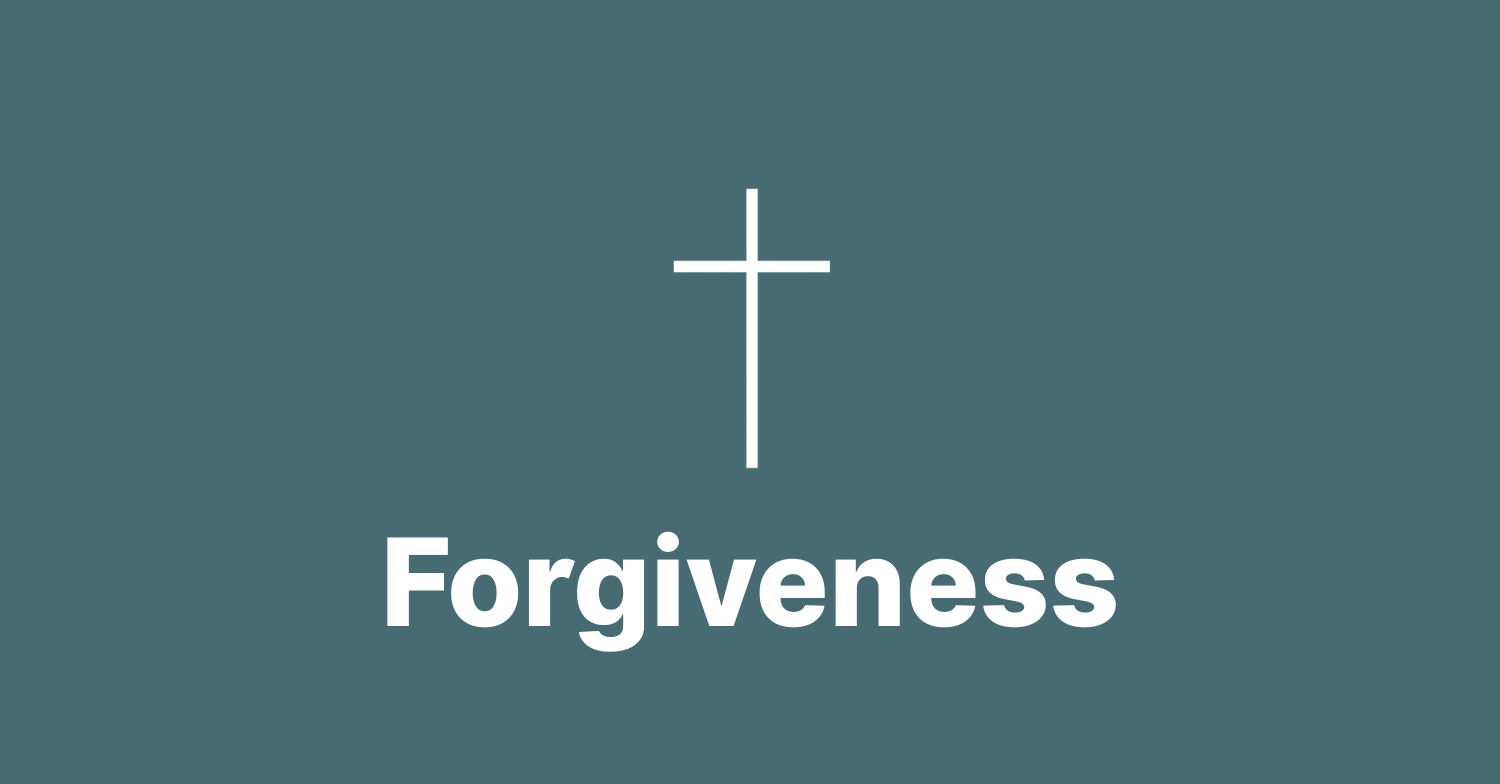Although the third tree helps us to see God’s covenant faithfulness to us, obstacles created by how we have handled the first two trees remain. Human independence from God introduces a barrier of our own making between people and God.
No matter how nicely anyone could try to put it, our choice of independence is a direct rejection of God, a personal offence directed from us to God, something the Bible calls sin.
What are we humans actually deserving of then? It seems that justice would be for humanity to bear the consequence of our sin, something God would have every right to allow us to experience in full. Instead, God responds differently.
God does not look away from our plight in heavenly indifference nor take action to punish us with payback. God moves towards human brokenness with incarnation. Instead of allowing the barrier of sin to keep us at a distance, God gets as close as possible by taking on flesh.
Jesus models a life of complete dependency and brings with Him a message and ministry that signals God has returned to begin reclaiming His people and His world.
And at the fourth tree, the cross of Christ, we understand that in His death Jesus is the lamb of God who takes away the sin of the world. Just like the symbolic sacrificial lambs of the Old Testament, Jesus takes the full cost and consequence of our sin in our place once and for all. God allows His own blood to be shed instead of the blood of His enemies.
Therefore, the fourth tree is not one of retribution but of startling mercy as the cross of Christ epitomizes the divine display of self-giving love and God’s response to human sin: Forgiveness. While in the first garden we see people hiding, covering up, and casting blame because of their own sin, behold Jesus, who handles our sin very
differently. Instead of hiding, behold Jesus upon the Tree of Forgiveness for all to see. Instead of covering up, behold Jesus, stripped naked and giving the robe of His righteousness to humanity. Instead of blaming, behold Jesus, absorbing all our blame and speaking “Forgive them.”
It is good news that God addresses the worst that you’ve done and that the world has done with forgiveness. Divine forgiveness is a human need and accepting it reconnects relationship with God.
The Tree of Forgiveness can be read about in the Gospels of Matthew, Mark, Luke, and John and God's forgiveness is a major theme of the second half of the Bible, which is called the "New Testament."
